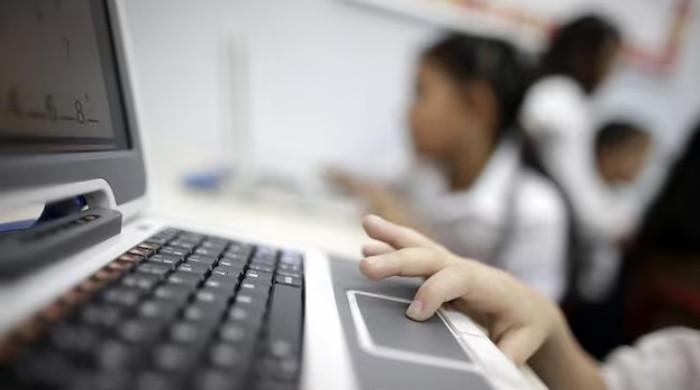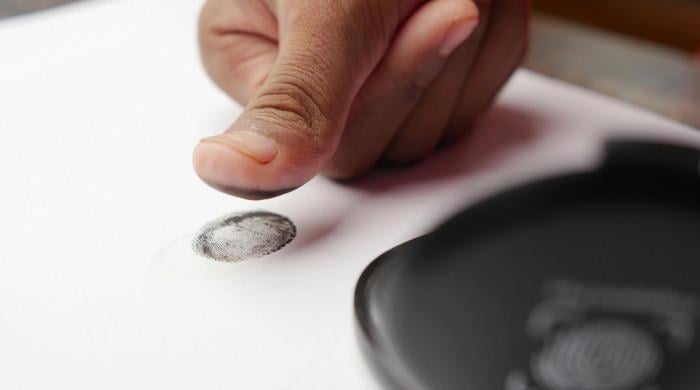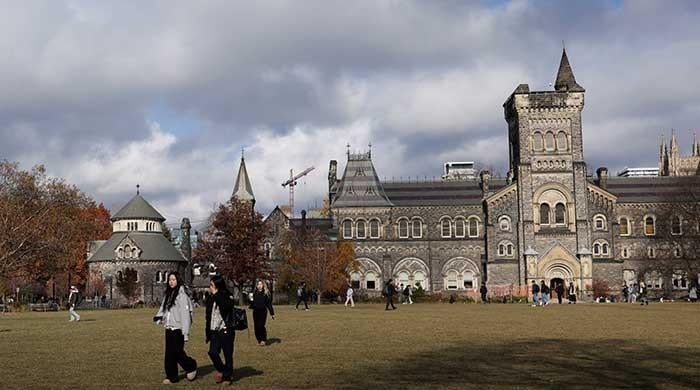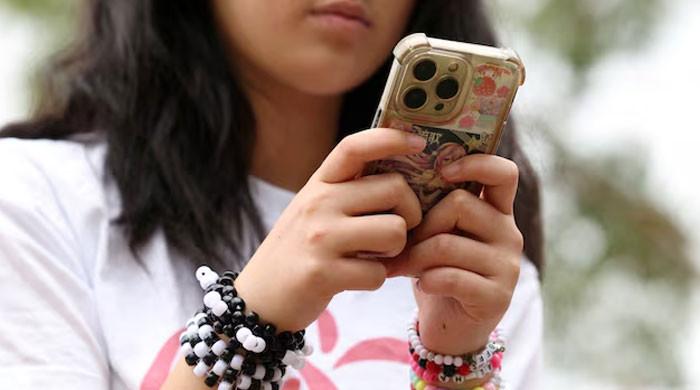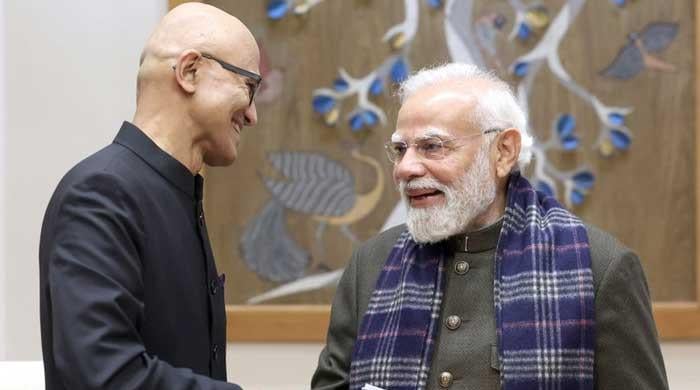A new normal: Face masks no obstacle for this new Japanese facial recognition system
Japan's NEC Corp launches facial recognition system that identifies people even when they are wearing face masks
January 07, 2021
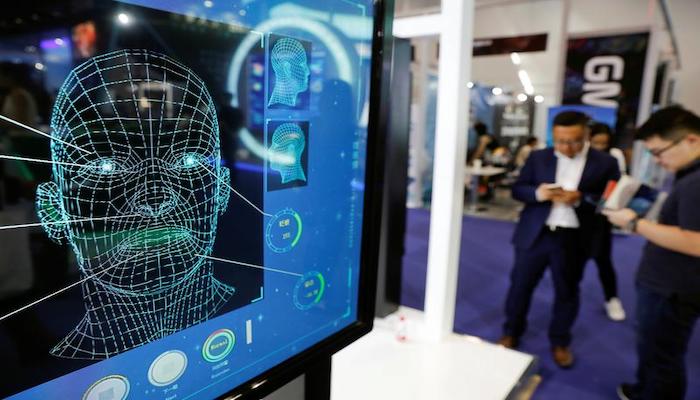
- Japanese tech firm says facial recognition system takes less than one second
- NEC Corp claims 99% accuracy
- Tech firm declines to disclose the price of the system
TOKYO: Adapting to a new normal, Japan's NEC Corp has launched a facial recognition system that identifies people even when they are wearing face masks.
Since the coronavirus pandemic struck, face masks have become a key defense against the spread of the virus. But the Japanese tech firm was already working on a system to meet the needs of allergy sufferers who wear masks - a common practice in Japan - when the COVID-19 pandemic prompted it to accelerate development.
“Needs grew even more due to the coronavirus situation as the state of emergency (last year) was continuing for a long time, and so we’ve now introduced this technology to the market,” Shinya Takashima, assistant manager of NEC’s digital platform division, told Reuters.
The system determines when a person is wearing a mask and hones in on the parts that are not covered up, such as the eyes and surrounding areas, to verify the subject’s identity. Users register a photo of their face in advance.
Read more: Google announces new games for Smart Displays
NEC says verification takes less than one second and claims an accuracy rate of more than 99.9%.
The system can be used at security gates in office buildings and other facilities. NEC is also trialling the technology for automated payments at an unmanned convenience store in its Tokyo headquarters.
NEC declined to disclose the price of the system. It is targeting 100 billion yen ($970 million) in sales in fiscal 2021 for its biometrics and video analysis business, which includes its facial technology systems.
The new system went on sale in October and customers include Lufthansa and Swiss International Airlines, Takashima said.
Facial recognition means not having to produce a security card, which can be be lost or stolen, and also helps prevent the spread of germs from touching surfaces, Takashima said.
“Touchless verification has become extremely important due to the impact of the coronavirus,” he said. “Going forward we hope to contribute to safety and peace of mind by strengthening (efforts) in that area.”




